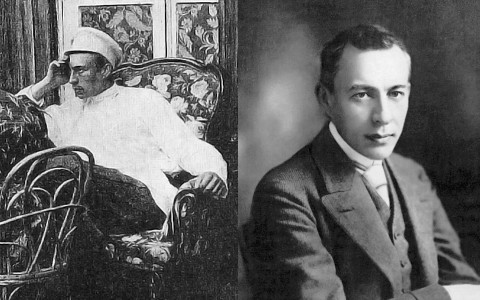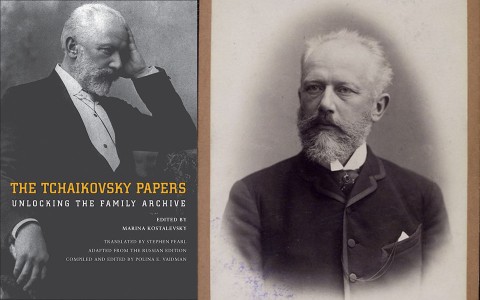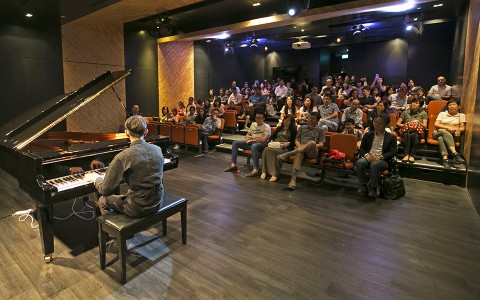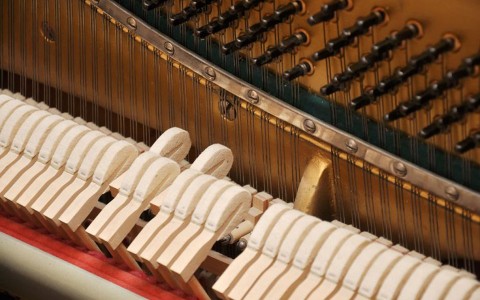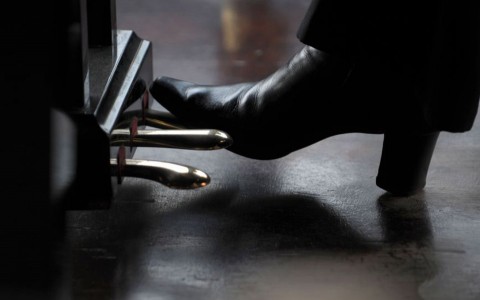Originally Giovanni Batista Lulli, Jean-Baptiste Lully was born as a miller’s son. With the passing of his mother, Lully was then taken to France. It was there where the multi-talented man grew to be well versed in music, being able to play instruments such as the guitar and the violin. In addition, Lully soon earned him the nickname “Baptiste”, given with respect to his multiple talents as a musician and also a dancer.
In 1653, before the young Louis XIV became King, he made Jean-Baptiste Lully the royal composer of his instrumental music. Lully then continued to gain the young Louis XIV’s favour and progressed further in his music career, becoming the superintendent of the royal music and music master of the royal family. More notable contributions would be his yearly production of operas from 1673 to 1687.
Unfortunately, just when it looked like Lully was going to go on to have a phenomenal musical career, the tragic accident happened.
Way before conductors used batons as conducting tools, staffs were used instead. The method of conducting using a staff was vastly different as compared to the usage of a baton: a conductor indicated the time of a piece by banging a large staff on the floor, while with a baton, as it is used today, it is done by drawing patterns in the air.
In 1687, Jean-Baptiste Lully was using a staff when conducting a Te Deum in celebration of King Louis XIV’s recovery from an illness, when he struck his foot with it by mistake. The wound soon turned gangrenous but Lully refused to have his “dancer’s leg” amputated, claiming he would rather die than to lose his ability to dance. It did not take long for the infection to disseminate throughout his body, which ultimately resulted in his death two months later. Lully was later honoured as the “Prince of French musicians” by Évrard Titon du Tillet for his significant contributions to the French music industry. A short scene from the movie Le Roi Danse re-enacts Lully’s peculiar death here.
This accident is now known as a pivotal event in music history for being the most unusual and ironic death of all time. In addition, other smaller devices, such as rolled-up sheets of paper, sticks and even bare hands, also came into play during the 17th century, which made it seem likely that Lully’s passing might have caused the withdrawal of the use of the long conducting staff.
Moving on to the 18th Century, the baton started gaining popularity as the most convenient tool for conducting. Since then, modifications have been made to the baton to allow for a steadier grip, evolving it into the baton we see conductors use today.
Conductors set the direction of music performance by communicating their ideas to the musicians through conducting. As they play a vital role in enabling the audience to appreciate the music’s shape and dynamics, most conductors turn out to be well-respected figures in the modern world. Well, let’s just be glad that we can now appreciate music without having to witness a similar tragedy happen to our conductors of today.

